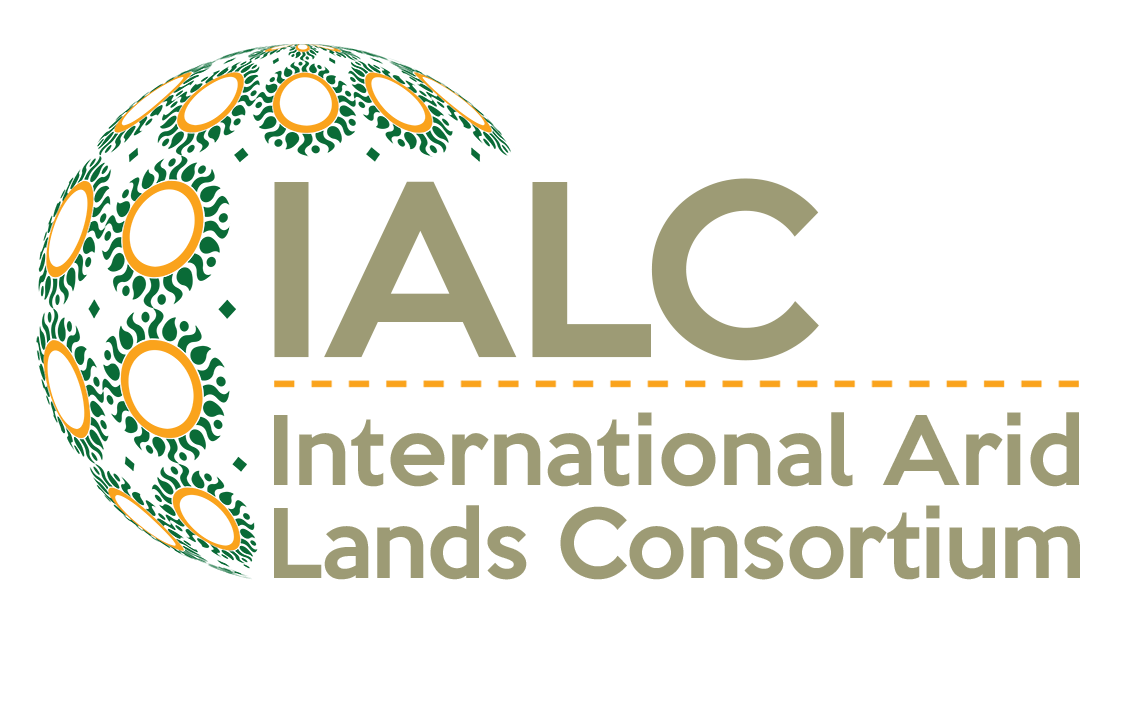Learning from Communities - Integrating Local Knowledge into Bank-Supported Projects
Reinhard Woytek
Abstract
The presentation introduces indigenous knowledge (IK) as a valuable yet under-utilized resource in development. It argues that IK can contribute to the increased efficiency, effectiveness and sustainability of projects. IK is defined as the basis for community-level decision making in areas pertaining to vital economic and social activities such as food security, human and animal health, education, and natural resource management. Several cases will demonstrate the value added by IK to development in the productive as well as social sectors. An overview of the World Bank's Indigenous Knowledge for Development Program describes the objectives, some of the achievements and the challenges ahead. Experiences with direct community-to-community exchanges demonstrate the value of local "peer-to-peer" exchange of relevant and applicable knowledge. The presentation further illustrates the challenges involved in documenting, validating and disseminating indigenous knowledge for the development process. The cases, referring primarily to agriculture, food production and land use will demonstrate some of these challenges. Following that, the presentation invites for a discussion on how to share knowledge among stakeholders with possibly incompatible taxonomies (such as indigenous soil classification systems) and perceptions. In conclusion, the presentation argues that community controlled and determined sharing of information on IK can help overcome some of these issues and contribute to empowerment of local communities in the development process.
Back to conference page
